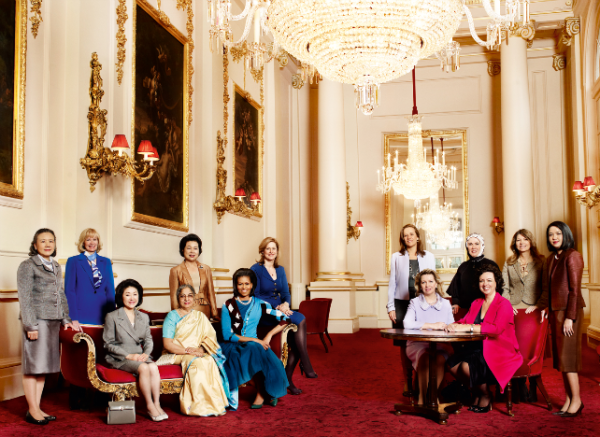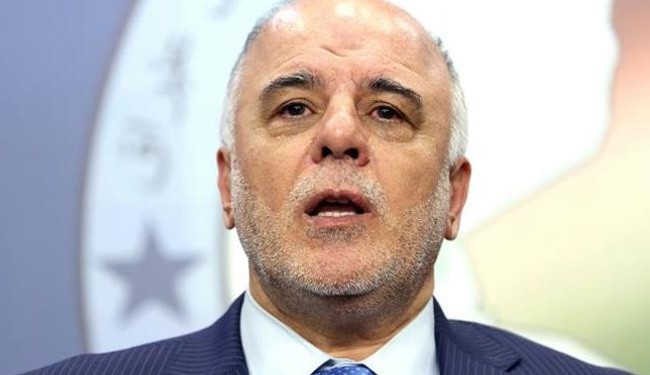35% of women have experienced sexual violence.
20% of women have experienced sexual violence as children.
The first sexual experience for many women was reported as forced.
World Health Organization
The Peacekeepers have failed.
In recent days, the disheartening has happened, not the unthinkable however. A United Nations (UN) report on sexual abuse among its Peacekeepers in several different locations over a period of around 10 years was released to the media. Basically, it confirmed something many international Non-Governmental Organizations (NGOs) and human rights activists have known about for quite some time: Peacekeepers have sexually abused women during deployment, through several different means.
According to Al-Jazeera, many continuously engaged in “transactional sex,” which refers to women, or men, engaging in sex in return for food, shelter, and security. These are the very same basic human rights that are apparently “guaranteed” by none other than the UN Universal Declaration of Human Rights.
It’s not only the Peacekeepers that have failed those whom they were meant to protect however. Sexual abuse is found within militaries, amongst its own ranks. The world’s most modern militaries have had to find ways to deal with widespread abuse, including Canada and the United States (US). I’m sure every Canadian citizen is fully aware of the “sexualized culture” label that has come to smear the Royal Canadian Military’s reputation following Marie Deschamps’ report earlier this year.
Many US troops have also been accused of sexual abuse amongst detainees of the Iraq/Afghanistan wars, as well as during several international engagements dating back dozens of years. Most recently, French soldiers deployed as Peacekeepers were also accused of sexually abusing women and children in the Central African Republic.
Here’s another anecdote: my own father, an ex-US Airman, discouraged me from joining the US military because he feared how I would be treated. Ultimately, he thought I would be sexually harassed. That was a rude awakening at age 17.
It’s Common. Really, Common.
Sexual abuse of women is epidemic, and it has been, since the beginning of time. Rape especially has been documented extensively. In the Hebrew Scriptures (Old Testament), rape is described as a reward for those who proved victorious in battle. In Lamentations 5:11 it is written, “They ravished the women in Zion, and the maids in the cities of Judah.”
As mentioned in a previous article, Little Ladies Shouldn’t Play With Swords, rape is common even in modern conflict, particularly random rape, but also systematic rape. As the United Nations High Commission for Refugees (UNHCR) reported:
“Violence against women, especially rape, has added its own brand of shame to recent wars. From conflicts in Bosnia and Herzegovina to Peru to Rwanda, girls and women have been singled out for rape, imprisonment, torture and execution. Rape, identified by psychologists as the most intrusive of traumatic events, has been documented in many armed conflicts including those in Bangladesh, Cambodia, Cyprus, Haiti, Liberia, Somalia and Uganda.”
As Women, We Know Our Value.
As women, we know our value. It is not the value of a house, per se, which appreciates over time. No, it’s like the value of a car, which depreciates every day and with every use. When vandalized, stolen or wrecked, the value depreciates even further, left with permanent scars that forever marks its worth.
As women, we walk a fine line between what is expected, accepted, desired and offensive. Some choose to push the boundaries of “offensive” (namely, celebrities like Miley Cyrus), while some attempt to remain in the realm of “expected” behavior. Amazingly, we attempt this balancing act everyday with the clothes we wear, the way we talk, the way we walk, eat, sit, play, etc. It’s an ongoing struggle.
As women, we fear rape. Everyday. Even those women, including myself, who are lucky to be around men who respect their body and their person, still fear that one day, they’ll find themselves marked and devalued.
We fear when the man behind us in line stands just a little too close. When we’re walking to our car and someone passes unexpectedly. When we’re forced to walk between a group of people alone and naturally quicken our pace. When we catch someone staring just a little too long. There’s always a fear.
That’s why I empathize, why I become outraged and emotional when stories like this come to light, when United Nations Peacekeepers are accused of rape and sexual abuse. Of course, not all Peacekeepers committed these crimes, but isn’t one incident enough to be outraged?
The World Keeps Turning.
Our bodies are the objects of conflict, the thing to barter with in a male-dominated society, and miraculously, the source of life for this world. We have always lived in a twisted world where women are both fawned over for showing their bodies, and vilified for it. As a woman, I, along with others have bought into the confusing, distorted rhetoric about our value that floods our TV, music, social media and culture. But really, what other choice do we have?
What real alternative is society giving us?
On the other hand, I just have to reiterate the very simple, but powerful saying:
No, Means, No.







